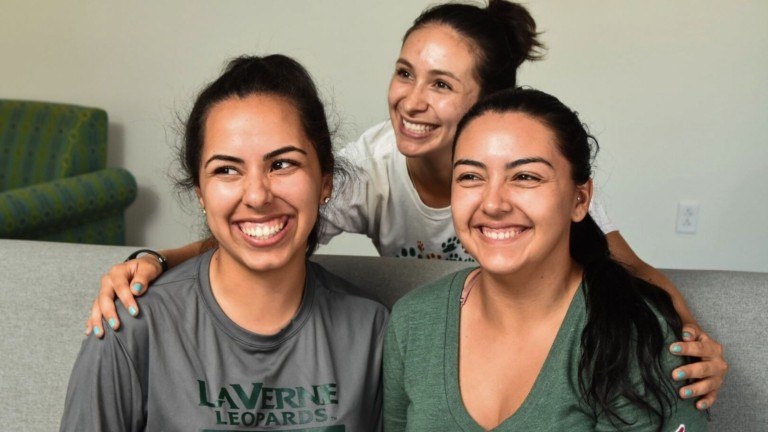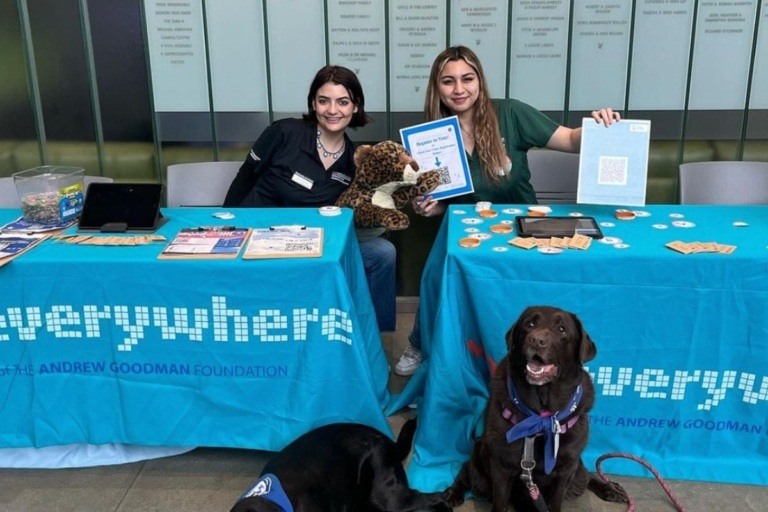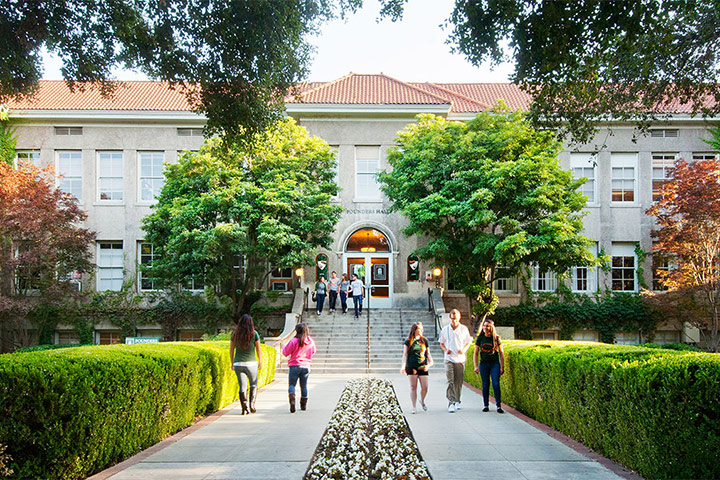Dean’s Corner August 2015
Well, it is that time – the start of a new academic year.
It is the time to welcome new students and returning students. It is the time to greet new and reunite with established faculty members. Most importantly, it is the time to reflect on what we have accomplished and what challenges we face. So, here are some of the things that are making La Verne Law not only the Most Unique Law School in the Nation but also a dynamic, healthy and wonderful place to be.
ABA Approval Process: We have applied for ABA full accreditation a full year ahead of the expected filing date. An ABA Site Team will visit the College of Law from September 20-23, 2015. That Team will generate a report in early December 2015, and we will respond to it before the end of the calendar year. The timetable established by the ABA has the College of Law appearing before the Accreditation Committee during its meeting in Chicago from April 23-24, 2016. We will appear before the Council at its June 3-4, 2016 meeting in Louisville. Many people have invested time, money, blood, sweat and tears to get us to this position. I am confident that all of our efforts will come to a positive fruition in June 2016.
Enrollment: Our target for the class entering Fall 2015 is 90 first-year students and two transfer students. After a very successful year of recruiting, advising and connecting with individuals interested in La Verne Law, we will have exceeded these targets and have the largest entering class since 2010. These results are a testament to the growing reputation of the College of Law stemming from our curriculum, our tuition, and our bar pass results.
Curriculum: We have completed two years of phasing in the La Verne Model of Legal Education. We started in Fall 2013 by converting all first-year courses to a one-semester format, and incorporating legal writing into one subject and skills and values into the others each semester. In Fall 2014, we launched the Litigation Track and the Transactional Track in the second-year curriculum. For Fall 2015 we are unveiling the Experiential Learning component of the curriculum. La Verne Law requires students to take nine credits of experiential learning to graduate. These credits occur in three parts of the curriculum: the Trial Advocacy (2 credits) portion of the Litigation Track, the Negotiations (2 credits) and Transactional Workshop (2 credits) components of the Transactional Law Track. The third is a requirement that a student take three elective credits of experiential learning courses among the numerous offerings at La Verne Law. With these additions, our curriculum exceeds the ABA standard that students take six credits of experiential learning. We also continue to be at the forefront of providing legal education that meets the needs and expectations of our students and the legal profession.
Faculty & Staff Development: The College of Law continues to facilitate and promote the development of our faculty and staff and adjust to changes that occur. Two staff members – Evelyn De Anda and Heather King – received their Bachelor’s Degree from the University of La Verne. Professor Diane Klein received an LLM in Taxation from the University of San Francisco School of Law. Director of Student Experiences, Issac Carter, is now Dr. Issac Carter, having earned his Ph.D. in Comparative Studies from Florida Atlantic University. Professor Shandrea Williams resigned to return to Houston, TX, to be near family, and Professor John Hultman experienced a medical emergency while on a cruise in Scotland. Professor Hultman’s situation, while not life threatening, required him to remain in Scotland until medically released to fly home. We have hired two experienced faculty members as visiting professors to replace Professors Williams and Hultman. Professor Celia Rumann will join us to teach Torts-ILS in the Fall Semester, and Professor Nyree Gray will join the faculty of the Center for Academic and Bar Readiness.
Additionally, we are recruiting for five faculty positions for Fall 2016. There are two faculty positions in CABR and three tenure-track positions. We will engage in the hiring process of the Association of American Law Schools and seek the best candidates to fill our needs and forward the mission and values of the University and the College of Law.
Upcoming Year in Brief: The College of Law is poised to have another banner year of activities, outreach and impact. Following the successful Ferguson Teach-In, La Verne Law will hold a lecture series on Punishment and the American Justice System. We will host a panel discussion on the History of Punishment. The Law Review Symposium will be on the topic of mass incarceration and minorities and will feature Professor Bryan Stevenson, Executive Director of the Equal Justice Initiative and author of the recent best seller Just Mercy: A Story of Justice and Redemption. The College of Law will also host its annual Civil Rights Symposium and several MCLE programs by the American Board of Trial Advocates and the Consumer Attorneys of the Inland Empire. We will have a Fall Semester and a Spring Semester exhibit in the College of Law Art Gallery as well as the usual plethora of panels, lectures and activities by our student organizations. Also, the University will honor Associate Dean H. Randall Rubin with the Professor of the year award at Homecoming in October. All in all, La Verne Law will once again be a beacon of hope and inspiration in the Inland Empire.
I look forward to meeting, connecting and engaging our students, alumni and friends as we move through this “sea change” year. I invite you to join, support and promote this wonderful and committed body of dedicated individuals known as the University of La Verne College of Law. And, when we obtain ABA full approval, I invite you to celebrate with us as we enter a new era for the College of Law and the University.


